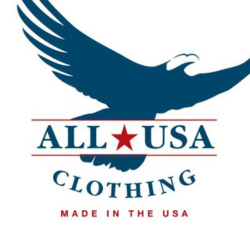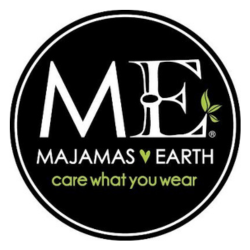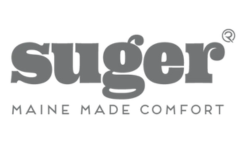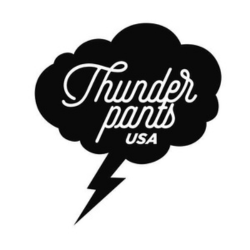Below you can find all of the women’s underwear brands that I’ve managed to find that produce their pieces in the USA.

All USA Clothing
A standard stop-off on any online USA-made clothing search, All USA Clothing has 4 different models of women’s underwear at the time of writing, including standard briefs, mid-rise briefs, hi-cut briefs and classic bikini.

BGREEN
BGREEN makes their women’s underwear in Rancho Dominguez, California, and offers numerous different styles including bikini, hi-cut briefs, mid-rise briefs, standard cotton briefs, boy short, athletic short, and boxer style underwear.

Decent Exposures
Since 1986 Decent Exposures has been producing underwear for women in Seattle, Washington. The elastic is completely covered for comfort and is always latex-free. The styles they offer include Bikini, Hipster, Full Brief, French Hipster, French Brief and Hipster With Ribbing.

Duckworth
Duckworth only offers one option – The Women’s Vapor Brief. It’s made from Montana-grown merino wool which is knitted into their proprietary Vapor Wool fabric. These panties are naturally antimicrobial (odor-free), itch-free, cooling, breathable, quick-drying, moisture-wicking, and oh-so soft. All of this gives you comfort, even in the hottest of conditions.

Majamas Earth
Majamas Earth is all about eco-friendly underwear. Some models are made from GOTS certified organic cotton and others utilize recycled fibers plus organic cotton. There are numerous styles to choose from including thong, hipster, and bikini panties, as well as the humorously named Not-So-Granny panty.

Angelrox Sugar
Suger briefs run from a small size to XL and are handcrafted in Maine. The solid color designs are made from 92% bamboo rayon and 8% spandex, whereas the striped briefs are made from 46% organic cotton, 46% bamboo rayon and 8% spandex.

Blue Canoe
Blue Canoe’s panties are made from 100% organically grown cotton or a blend of organic cotton with organically grown bamboo. They offer various styles including hip hugger, high cut, boy short, bikini and full brief. From fabric to finish, Blue Canoe has always been made in the USA.

Brook There
All underwear made by Brook There is cut and sewn in Massachusetts. Their organic cottons are from mills in South Carolina and California. Brook designs and makes patterns in Maine.

Pansy
Pansy underwear is sewn in a factory in San Leandro, CA, a twenty minute-drive from the company’s Oakland studio. The organic cotton is grown in Texas and milled in North Carolina. The natural rubber/cotton elastic is made in Rhode Island. The underwear is garment dyed with non-toxic fiber-reactive dyes in a factory in Novato, CA. They have several styles of underwear including high rise, stretch shorts, French cut, low rise and thong.

Thunderpants
Thunderpants USA launched in 2016 and is an offshoot of the original company which was founded in New Zealand in 1995. They claim to have made the “ultimate comfy undie” and they feature fun prints. Manufacturing was set up in Portland where Thundies continue to be made today.

Slow Motion Goods
Slow Motion Goods is a company focused on making a positive impact on society. All of their products are made locally in Kansas City, including their range of women’s underwear.

Tush & Bush
Tush & Bush Underwear is a women-owned business creating small-batch undergarments. Made in OEKO-TEX certified buttery soft bamboo fabric, yet robust enough to wear for years. Their underwear is designed and shipped from a small island in the Pacific NorthWest and manufactured in Seattle, Washington.

PROCLAIM
The majority of the underwear sold by Proclaim is made locally in Los Angeles where they’ve partnered with a family-owned factory in LA that pays well above minimum wage and pays employees hourly wages rather than per piece (a practice that often promotes quantity over quality and unsafe work conditions).